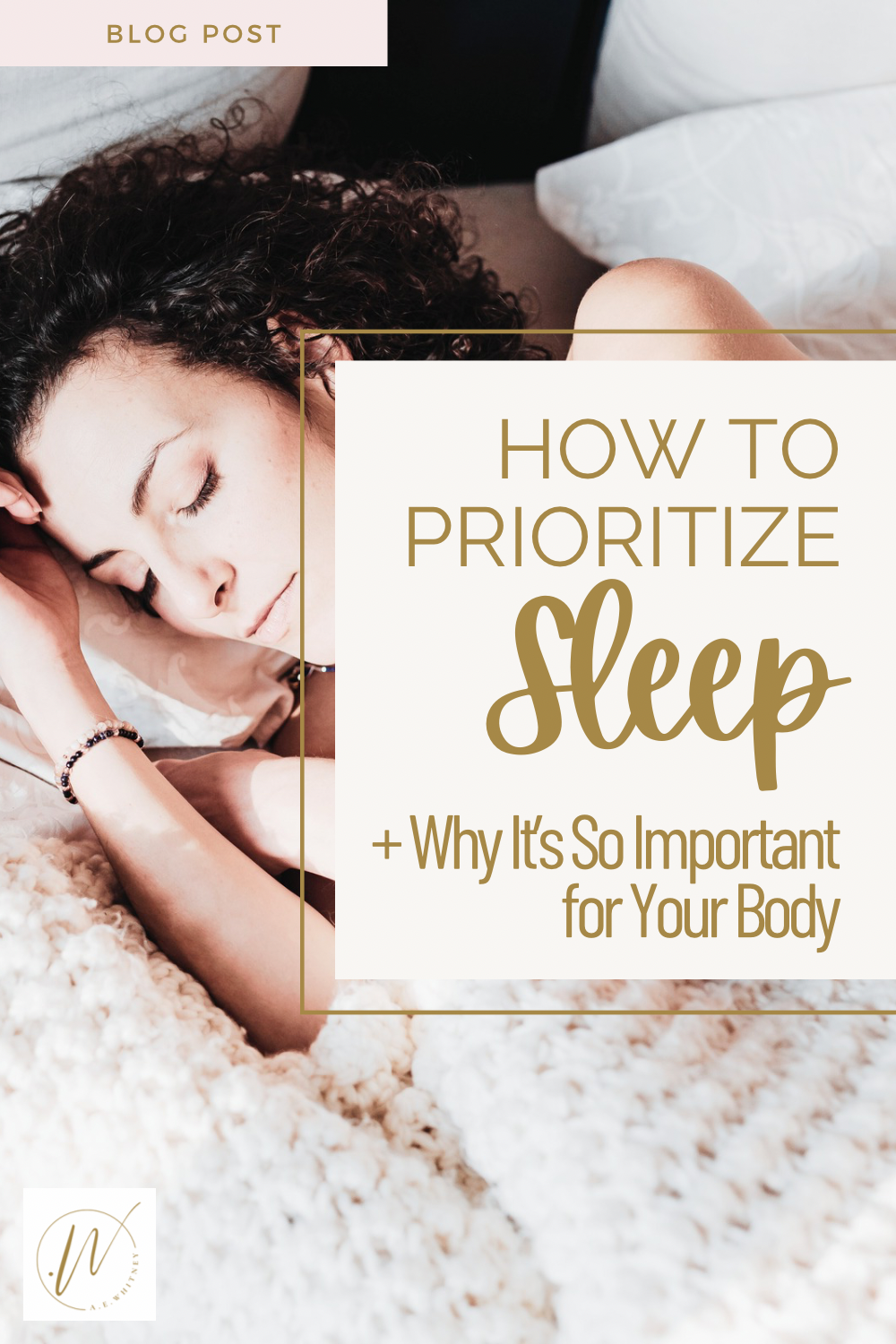Before supplements, morning routines, or biohacking gadgets — there was sleep.
Deep, consistent rest is the most powerful (and underrated) form of self-care your body and mind know.
Yet in hustle culture, sleep is often treated like a luxury. In reality? It’s the baseline your nervous system requires to regulate, repair, and restore.
Why Sleep Matters More Than You Think
Sleep isn’t just about feeling less tired — it’s about survival. Without enough sleep, your body sees life as unsafe. Stress hormones spike, emotions get harder to regulate, and your brain struggles to process even simple tasks.
- Short sleep = higher cortisol (stress hormone).
- Sleep loss = impaired memory, focus, and mood.
- Poor rest = weakened immune system.
Science says: Sleep consolidates memory, regulates emotions, and repairs tissue.
Sleep as Nervous System Care
Think of sleep as your body’s built-in “reset button.”
- Brain: Clears out waste and files memories.
- Emotions: Processes feelings so you don’t carry yesterday’s stress into tomorrow.
- Body: Repairs muscles, balances hormones, and recharges your energy reserves.
When you skimp on sleep, your subconscious stays in “danger mode.” When you prioritize it, your whole system feels safer — meaning less anxiety, better focus, and more resilience.
Why We Struggle With Sleep Today
- Artificial light confuses circadian rhythms.
- Late-night scrolling overstimulates the brain.
- Stress keeps cortisol high (when it should be low).
- Overcommitment cuts into rest.
The result? We push through exhaustion instead of honoring rest — and pay for it in brain fog, burnout, and mood crashes.
Simple Sleep Practices (No Overwhelm)
- Bedtime Alarm: Don’t just set a wake-up alarm — set a bedtime reminder, too.
- Screen Sunset: Turn off blue-light screens 1 hour before sleep (or use blue-light filters).
- Ritual Cue: Do one repeatable thing before bed (stretch, candle, tea) to signal “safe to rest.”
- Cool + Dark: Sleep best happens at ~65–68°F in a dark room.
- Consistent Rhythm: Go to bed/wake up around the same time every day (yes, even weekends).
Mini Practice: The 3-2-1 Reset
- 3 hours before bed → no heavy meals.
- 2 hours before bed → no intense work.
- 1 hour before bed → no screens.
Instead, let the last hour be about winding down your nervous system.
The Spiral Connection
Sleep is the base of your spiral. Without it, every other self-care tool (food, breathwork, journaling, affirmations) works harder just to keep you afloat. With it, your rhythms flow more easily and your energy naturally rises.
The Takeaway
Sleep isn’t lost time. It’s active healing, integration, and repair. Treat it like the foundation of your self-care practice — because everything else rests on it.
______
Continue Learning how to give your body what it needs — Read the next post: [How to Use Power Foods to Fuel Your Body]
⚠️ Please Note: This content is for educational purposes only and should not be used as a substitute for therapy, medical advice, or legal support.


